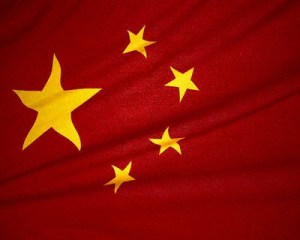
Google has announced it will longer redirecting Chinese users of its google.cn search engine to its Hong Kong search operation, which is able to deliver unfiltered and uncensored search results in Chinese. The action comes in response to threats from the Chinese government, which found Google’s bob-and-weave around the country’s online censorship requirements unacceptable: Chinese officials warned Google that if they continued redirecting users to unfiltered search results, Google’s Internet Content Provider license would not be renewed and the company would lose its ability to operate commercial Web sites in China.
“As a company we aspire to make information available to users everywhere, including China. It’s why we have worked so hard to keep Google.cn alive, as well as to continue our research and development work in China,” Google’s chief legal officer David Drummond wrote in the company blog.
As a workaround, Google is experimenting with ways to still provide Chinese searcher with unfiltered search results, without violating Chinese law or redirecting users to another site. Google is testing out a special landing page on Google.cn that offers an explicit link to google.com.hk, so users can click through to perform unfiltered searches.
Google’s Internet Content Provider license is up for renewal June 30. Google has resubmitted its license application based on the new approach of providing a link to the Hong Kong operation, rather than redirecting transparently.
“This new approach is consistent with our commitment not to self censor and, we believe, with local law,” Drummond wrote. “We are therefore hopeful that our license will be renewed on this basis so we can continue to offer our Chinese users services via Google.cn.”
The Chinese threats not to renew Google’s Internet Content Provider License is just the latest friction between the two companies. Earlier this year, Google announced it (and other companies) had been subject to sophisticated cyberattacks in China, targeting email accounts and information about Chinese human rights activists. The company announced it would no longer censor Chinese search results, and shifted its search operation to Hong Kong where it didn’t have to comply with Chinese filtering requirements. China’s latest move—to lock Google out of the Chinese market entirely unless it filters results—is the country’s latest hardball move.
The tensions have contributed to diplomatic friction between the United States and China; for the first time, the United States is considering Internet freedoms a key plank in its foreign policy agenda. China characterizes the U.S. stance as equivalent to cultural imperialism.

